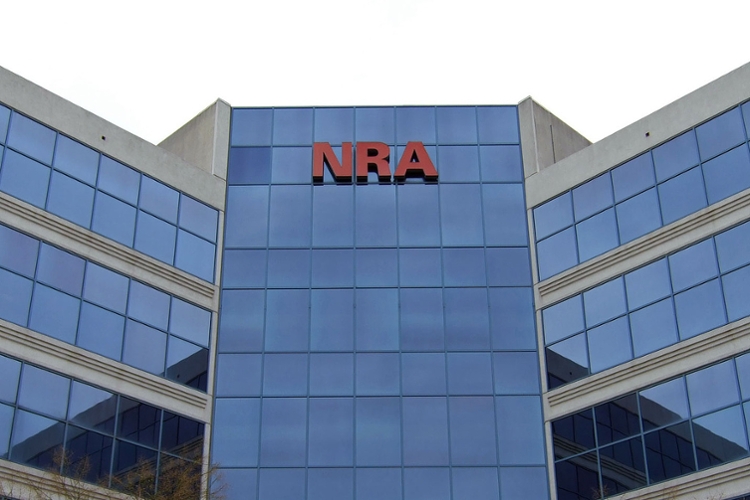The Political Weaponization of Gun Owners
IPR graduate research assistant reveals how the NRA creates identity for its members
Get all our news

The NRA has created a political identity for its members, politically mobilizing them.
After every mass shooting, including the recent Parkland, Florida, school shooting, the National Rifle Association (NRA) is able to rally its members to defeat virtually all attempts at gun regulation. Matthew Lacombe, a PhD candidate in political science and an IPR graduate research assistant, is investigating exactly how the NRA exerts so much influence on Congress and beyond.
“The NRA recognizes that its power base is its dedicated, intense membership, which sees guns as a way of life and feels a communal bond with other gun owners,” Lacombe reports.
To understand the NRA’s effectiveness, Lacombe examines its flagship publication, American Rifleman, from 1930 to 2008—over 900 issues—paying close attention to 422 staff editorials on topics related to gun control. He also analyzes more than 3,200 letters to the editor about gun issues in the Arizona Republic, the Atlanta Journal-Constitution, the Chicago Tribune, and The New York Times over the same period.
He uncovers that in 80 percent of the Rifleman editorials the NRA “assiduously and strategically” promotes a politicized, group social identity for gun owners. The editorials emphasize the positive characteristics of gun owners, using terms such as “law-abiding,” “peaceable,” “patriotic,” and “average citizen,” which fit well with the conservative movement inside the Republican Party. The editorials also described the negative qualities of gun-regulation supporters, employing words such as “fanatic,” “hysterical,” “anti-liberty,” and “Communist.”
When the NRA portrays the gun owners’ identities—and therefore their values—as under attack, the organization’s members are eager to respond with political action: voting, letter writing, and more. Lacombe finds the NRA members’ political responsiveness in their letters to the editor, which display the gun owners’ social and political identity as cultivated by the NRA, often using the Rifleman editorials’ exact language.
Lacombe’s research, says his advisor, IPR political scientist Daniel Galvin, “sheds new light on one of the most puzzling questions in American politics and provides fresh insights into one of the most urgent issues of contemporary political and social concern.”
Matthew Lacombe is a PhD candidate in political science and an IPR graduate research assistant. Daniel Galvin is associate professor of political science and IPR fellow.
Published: March 20, 2018.